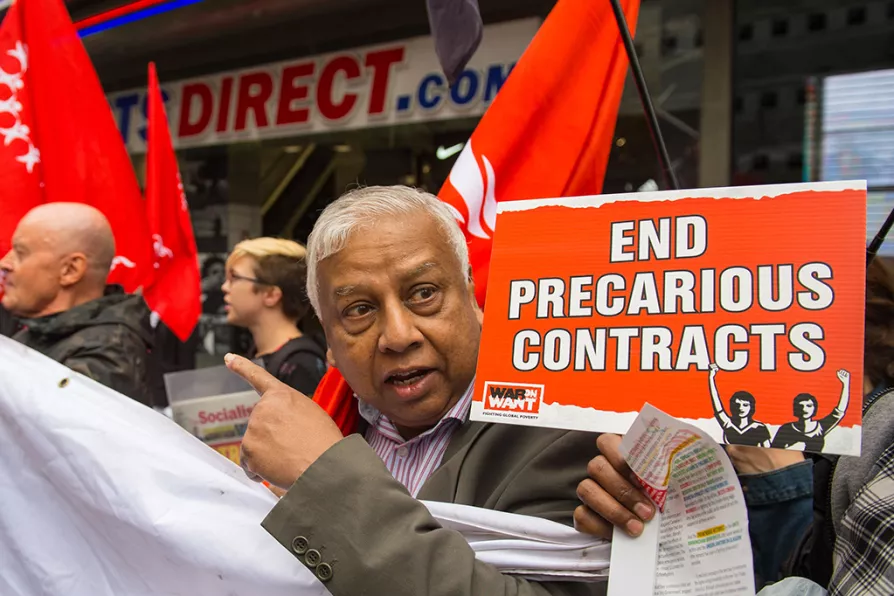John Wojcik pays tribute to a black US activist who spent six decades at the forefront of struggles for voting rights, economic justice and peace – reshaping US politics and inspiring movements worldwide

 Solidarity work links day-to-day struggles of the community with bread-and-butter issues faced by workers
Solidarity work links day-to-day struggles of the community with bread-and-butter issues faced by workers
The onset of the financial crisis in 2007 had differing political ramifications across the world — developed capitalist countries, post colonial states, along with newly emerging countries (BRICS).
In short, left and progressives are having to engage with the differential fallout of the financial crisis. To this has been added the pervasive environmental crisis and the outbreak of a global pandemic.

Once again Tower Hamlets is being targeted by anti-Islam campaigners, this time a revamped and radicalised version of Ukip — the far-right event is now banned by the police, but we’ll be assembling this Saturday to make sure they stay away, says JAYDEE SEAFORTH

TONY CONWAY assesses the lessons of the 1930s and looks at what is similar, and what is different, about the rise of the far right today











